April officially marked the beginning of the peak forest fire season across Russia, and preventative measures have recently been discussed at the Ministry of the Russian Federation for Civil Defence, Emergencies and Elimination of Consequences of Natural Disasters (also known as The Ministry of Emergency Situations, MChS) and at a meeting in which the President of the Russian Federation participated. Regions have already started taking measures to prevent forest fires, and a team of researchers from the Faculty of Economic Sciences of HSE University has proposed a mathematical model by which the effectiveness of these measures can be evaluated. Using this algorithm, they compared Russian regions in terms of the success of their firefighting activities. Details of the work have been published in the collection ‘Dynamics of Disasters: Impact, Risk, Resilience, and Solutions’.
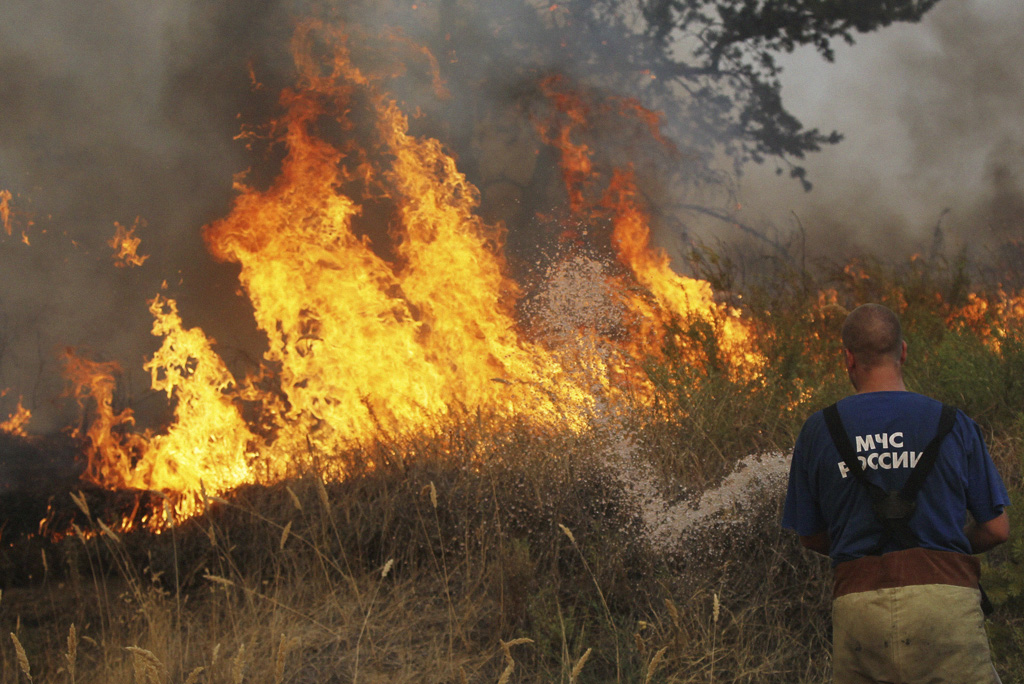


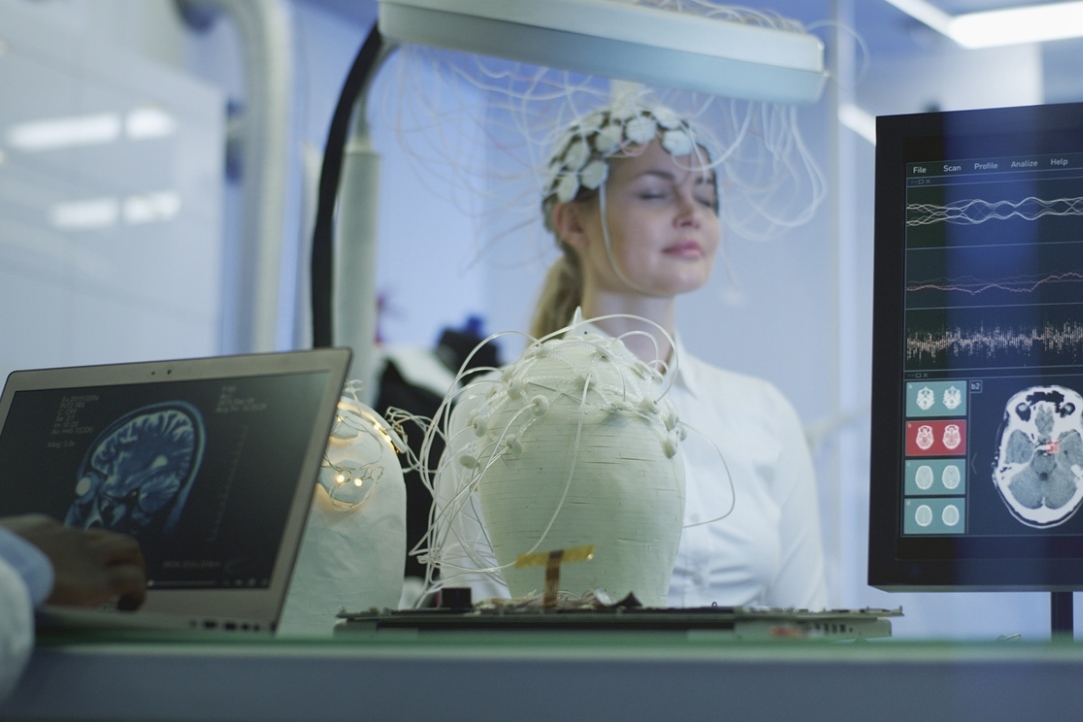

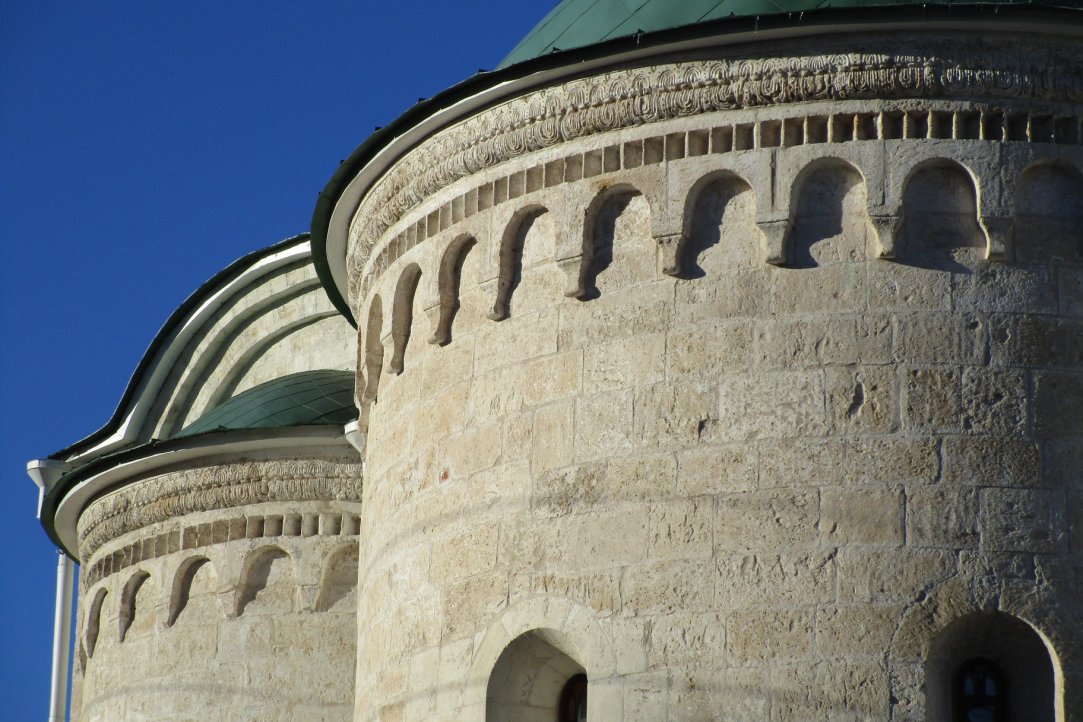
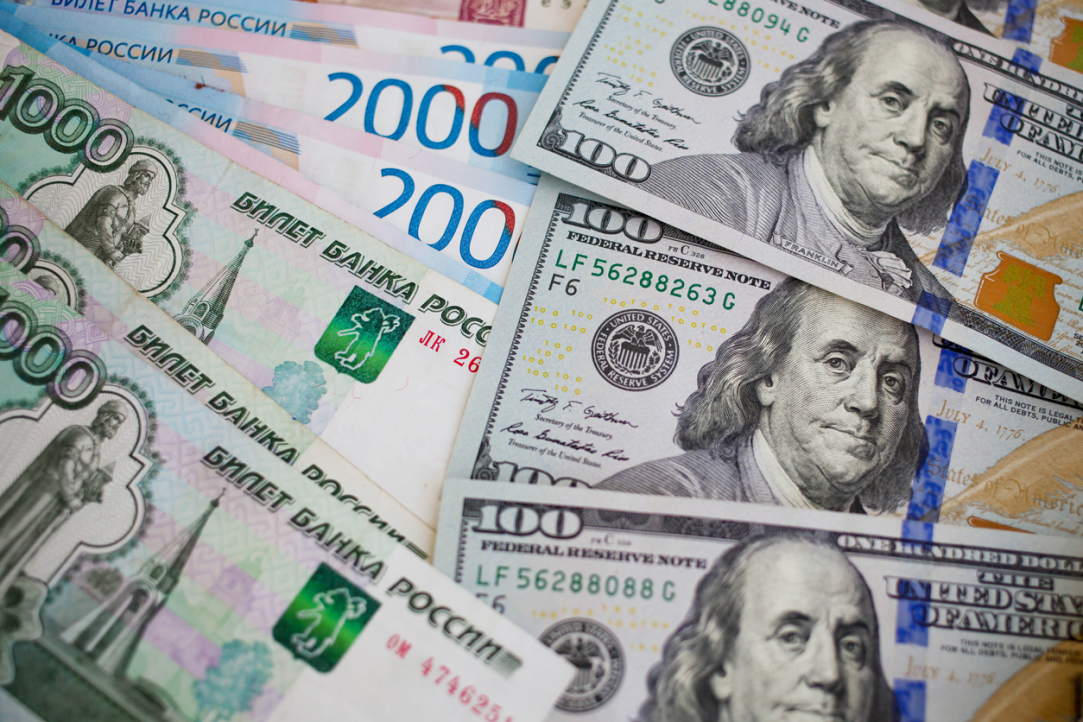
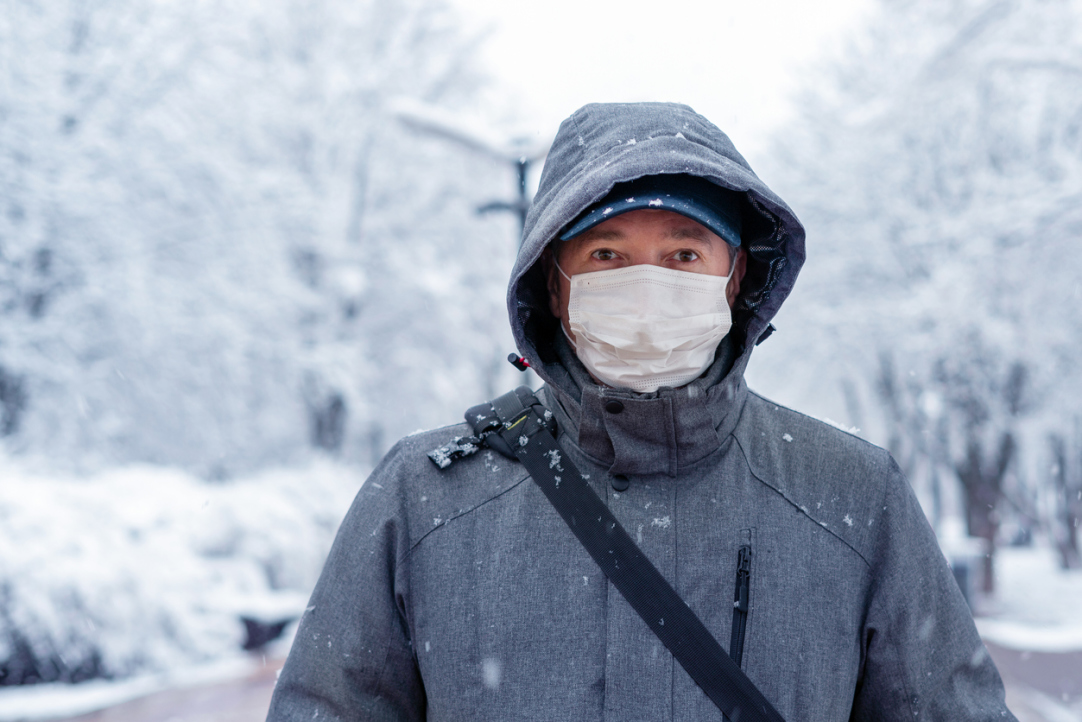
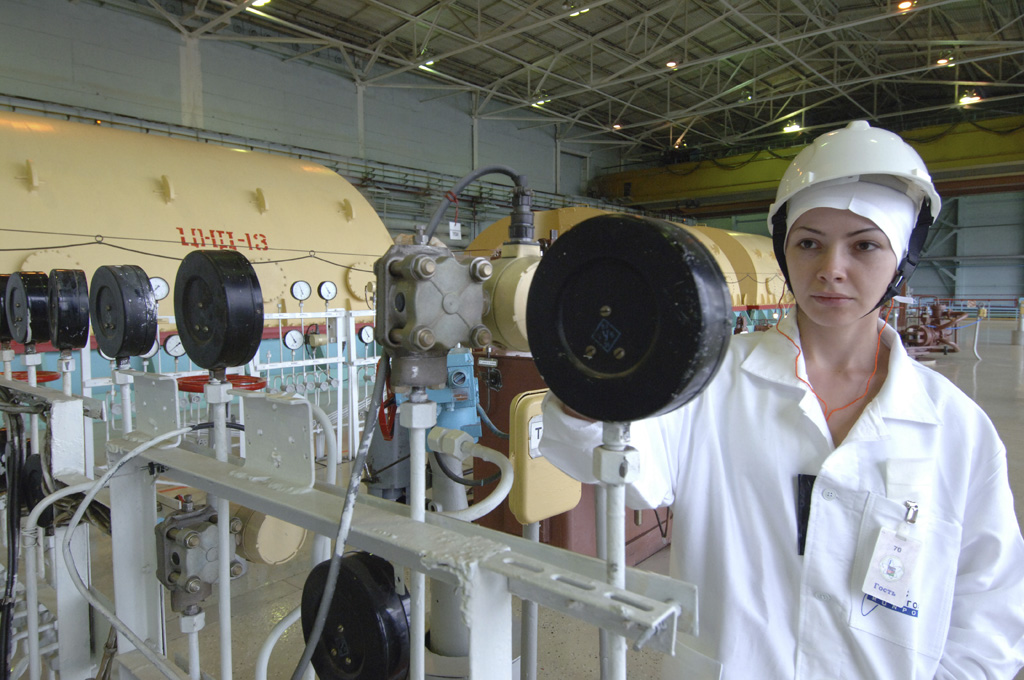
.jpg)









.jpg)
